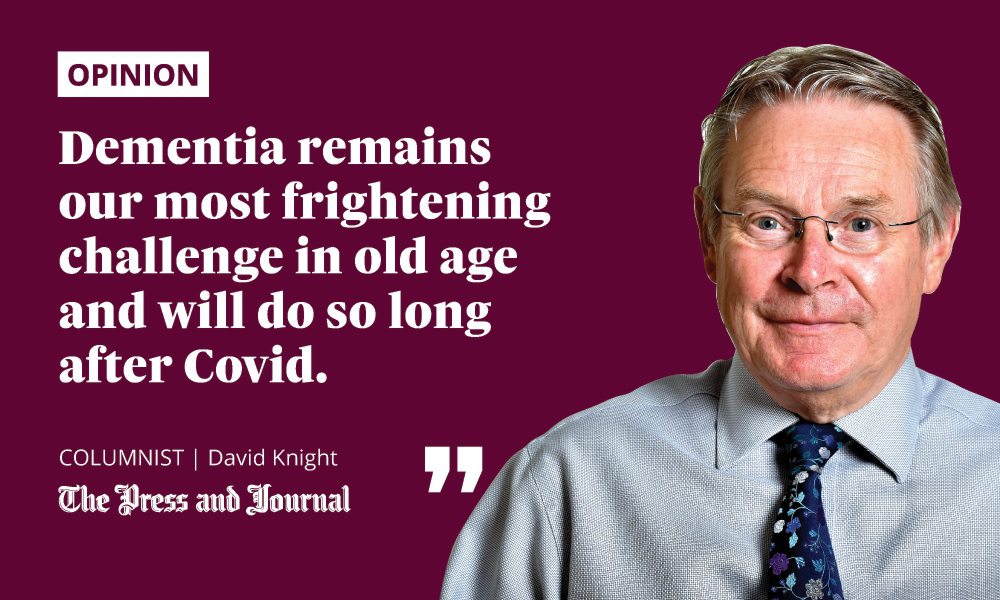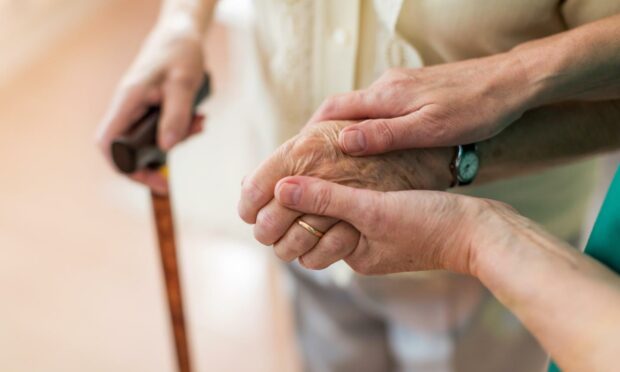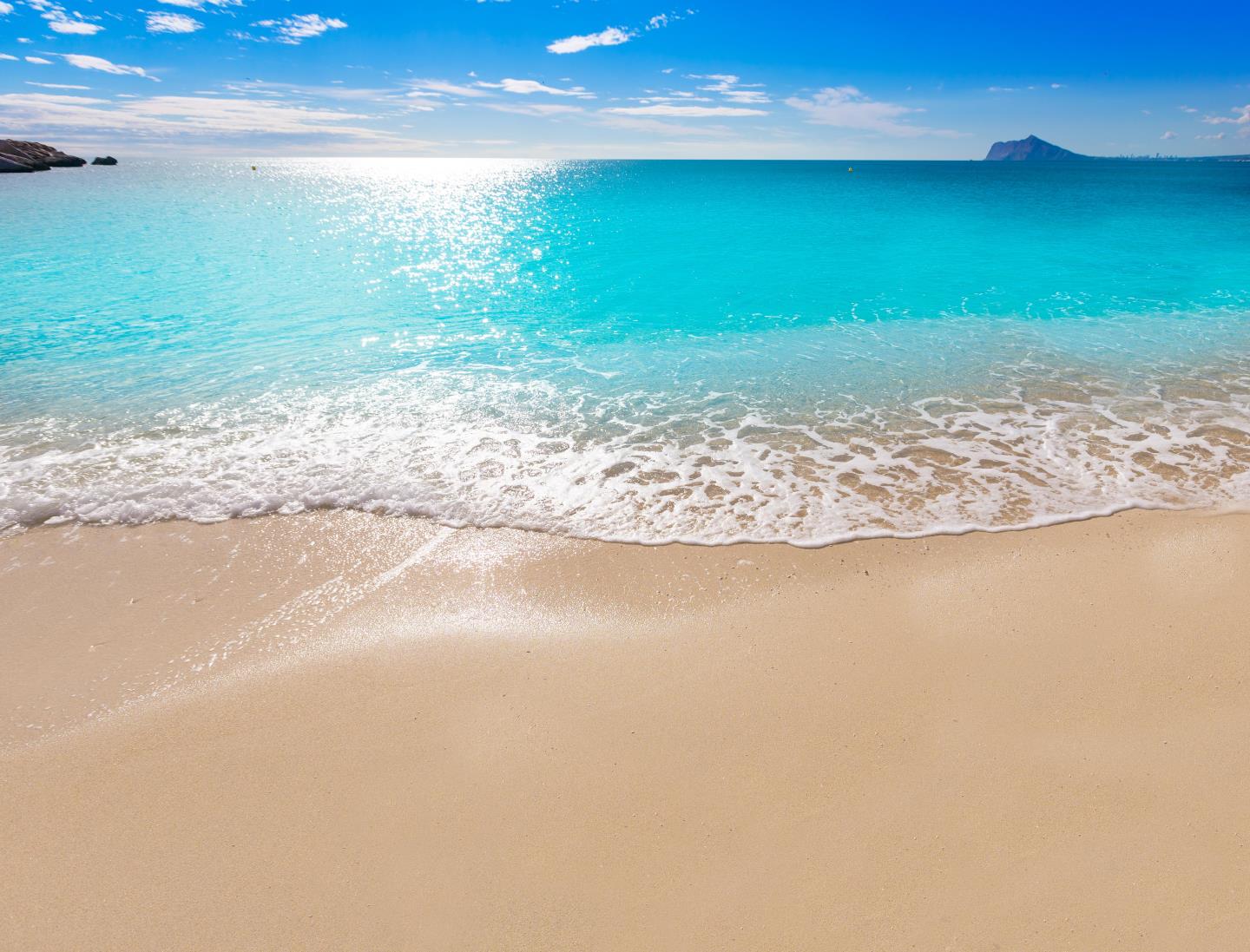It was a holiday with all the usual ups and downs, thrills and spills – until something terrible happened.
First of all, there was the incident with the wobbly palm tree which threatened to topple onto our villa in the Canaries.
Then our middle grandson gashed his chin in an ugly encounter with a whale (an inflatable one in the pool, that is). There was utter panic: “He’ll need stitches. How do we find a doctor? Someone help.”

Luckily, Ruben the Cuban came to our rescue. Our pet nickname made him sound like a character from The Sopranos. Come think of it, he may have looked like a hitman, but he had a heart of gold.
He actually was called Ruben, and he did come from Cuba; he was also our pool lifeguard. He calmed everything down, cleaned my grandson up in his poolside den with polished First Aid skills and no stitches were required.
Panic over, but it made us think of our vulnerability when bad things happen while on holiday in faraway places.
My wife then got in on the act by breaking her little toe when she stubbed it in our villa bathroom.
Meanwhile, a woman in another villa was beside herself with worry after her husband was taken to hospital 30 miles away in the early hours to have his appendix removed. She told me how vulnerable they felt as pandemonium erupted: nobody knew what to do or who to call.
A half-expected tragedy came out of the blue
That night, terrible news emerged in a phone call to me.
Seconds earlier, it seemed life couldn’t be any better as I enjoyed dinner in a tapas bar overlooking a pretty harbour on the southern tip of Lanzarote.
My brother was on the other end of the line from the UK. It was about our mom.
She had just died.
The time and place will remain imprinted in my brain forever – or for as long as it functions properly, that is.
Again, we felt helpless so far away. She was 89 and a resident in a secure medical facility for dementia patients.
A familiar rollercoaster of up and down health issues finally took its toll: she went downhill incredibly fast and there was no coming back.
Doctors said her body simply shut down – aided and abetted by Covid, which pushed her over the edge. It was so rapid that she had passed away seconds before my brother arrived at hospital say goodbye.
It was a tragedy that was kind of half-expected, given her mental state and accompanying physiological decline, but it still came out of the blue.
We were full of memories but mom had none
Happy childhood memories came flooding back amid waves of sadness.
How she lavished all her love and protection on her three boys in a deliberate contrast to her own tough upbringing in Ireland.
How I cried and cried when I couldn’t bolt open a classroom door for teacher when I was about six. And she took me back night after night after school to practise until I could do it perfectly.
How she never stopped telling me and my brothers in a never-ending mantra as we grew up: “Don’t end up in a dead-end factory job.”
Even people incarcerated unjustly by vicious regimes or kidnappers have their family memories to cushion fear and offer hope. She had nothing, just a black void
Yes, we were full of memories, but she had none. Dementia had wiped her deep memory clean like a delete button in her brain. She didn’t know or recognise us anymore.
Heaven knows what was going through her head after she was admitted for her own safety. Even people incarcerated unjustly by vicious regimes or kidnappers have their family memories to cushion fear and offer hope.
She had nothing, just a black void.
Dementia and Covid are both frightening challenges
Dementia remains our most frightening challenge in old age and will do so long after Covid. But Covid had undoubtedly accelerated her decline.
It was bitterly ironic, as I had been turning my attention earlier to the complex and overly expensive Scottish Government Covid protocol for coming back to Scotland.
The court of public opinion around the poolside had passed judgment: the day two PCR test was an unnecessary rip-off, with profiteering masquerading under a guise of public health. It struck me that lower risk categories were more likely to suffer gashes and broken toes than catch Covid in the Canaries.
Meanwhile, our eldest grandson, 10 – kept blissfully unaware of family tragedy – was earning money after staging an impromptu dance demo at the poolside bar music night. He threw in all his big moves, which drew admiring applause from the adults.
And one admirer, a man from Aberdeen would you believe, gave him €5 in appreciation.
Mom, who loved a dance and a sing-song, would have beamed with pride.
David Knight is the long-serving former deputy editor of The Press and Journal

